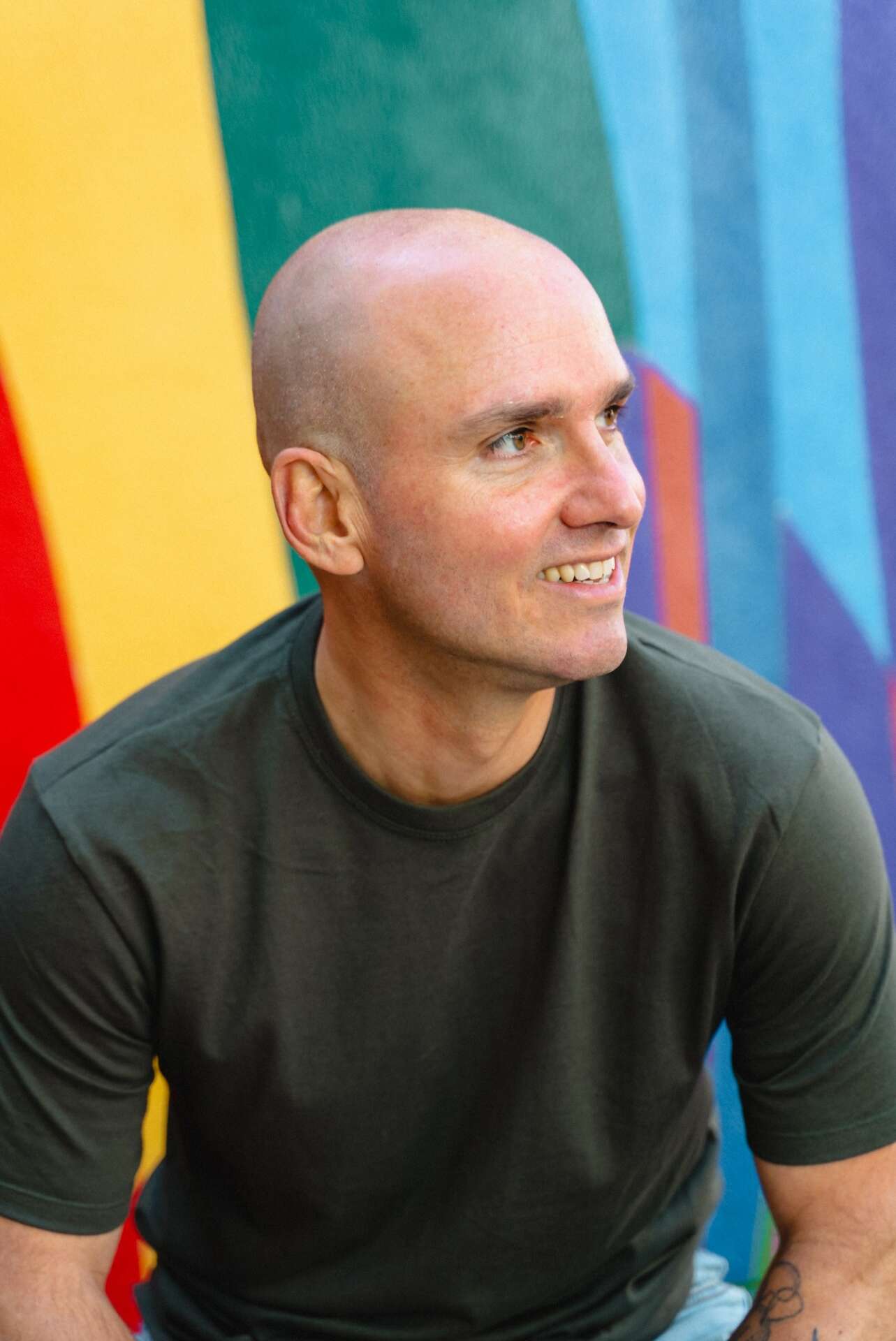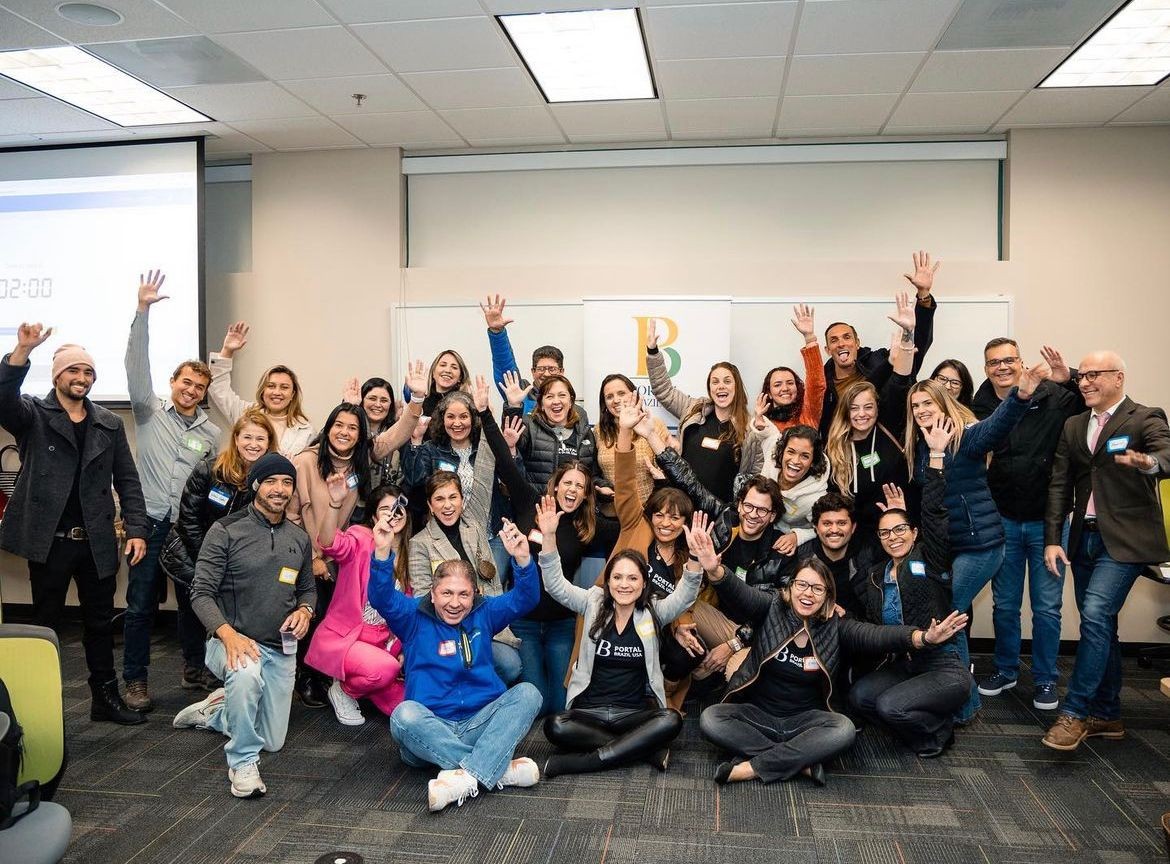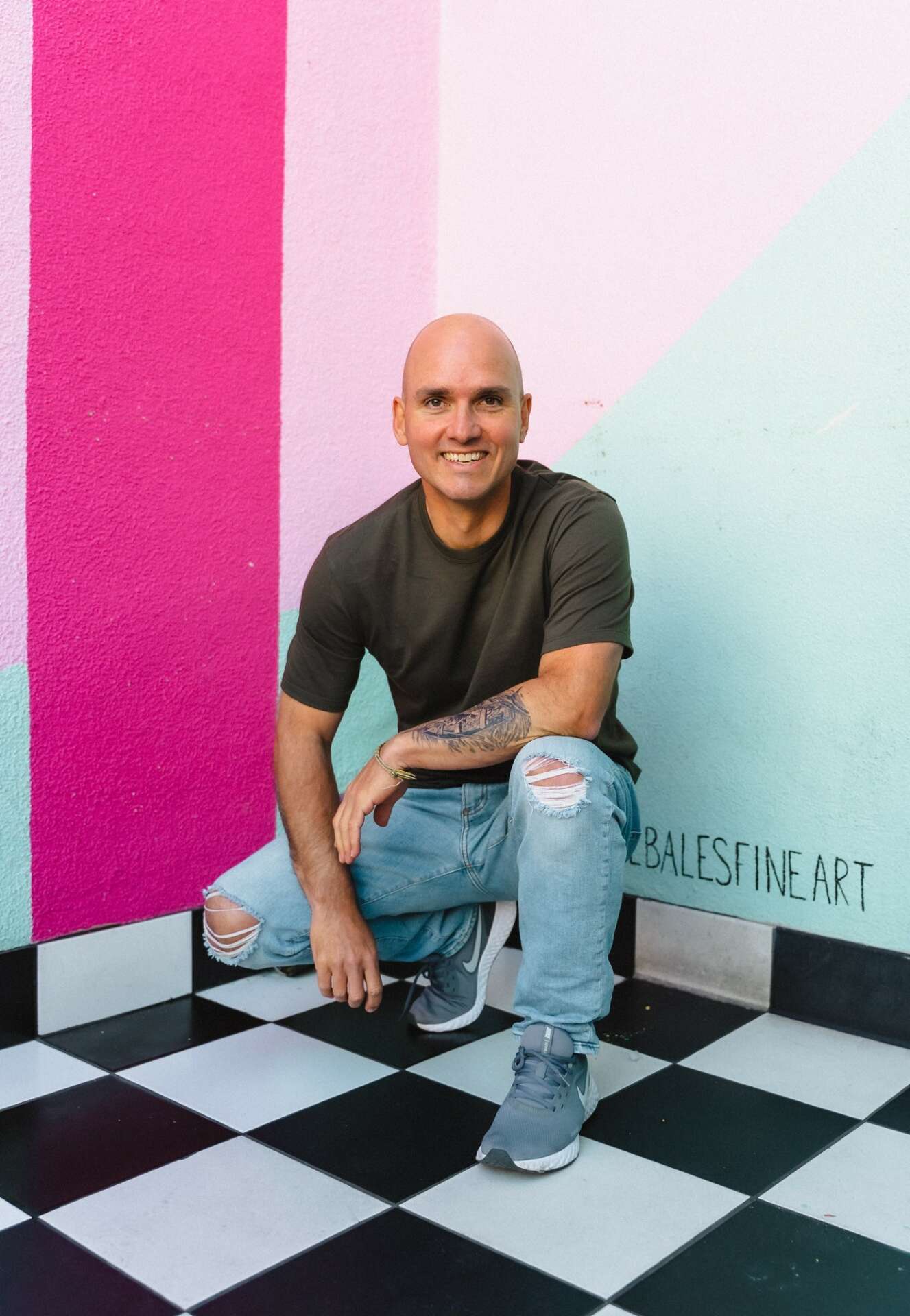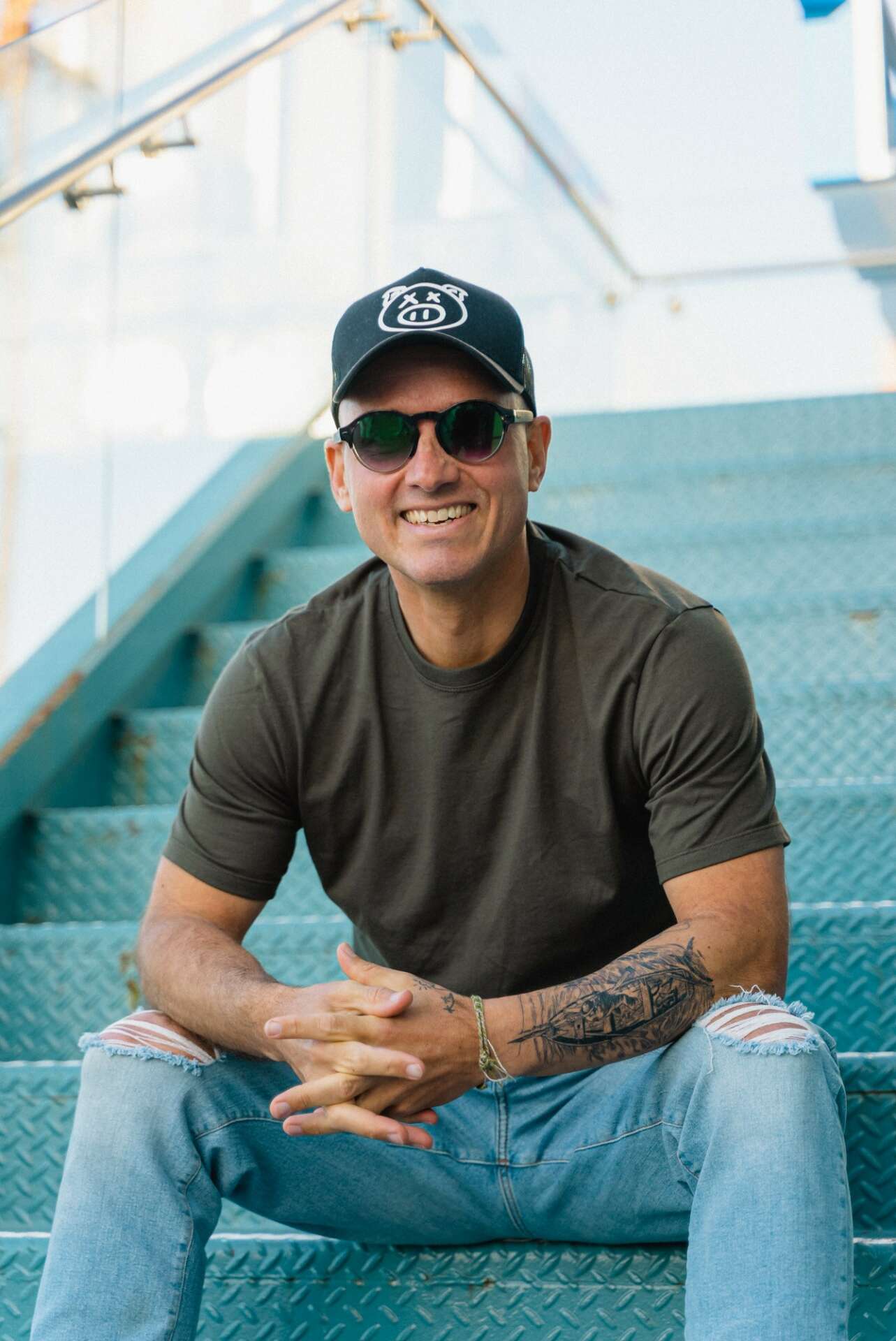We recently connected with Horácio Toco and have shared our conversation below.
Alright, Horácio thanks for taking the time to share your stories and insights with us today. What did your parents do right and how has that impacted you in your life and career?
Let me share a lesson that my dad taught me.
It was past noon when I notified him that a meeting had delayed me, but I was already on my way to our Friday lunch. Since he had arrived at the restaurant earlier, he had ordered ahead so we wouldn’t lose time. Our meetings, almost always weekly, were brief due to our busy professional schedules calling us back swiftly. Although we saw each other often, these were one of the few opportunities for ‘father-son’ talks. That day, I had decided to use our time to extract the greatest lesson he could teach me. I had tried this before but perhaps hadn’t been direct enough.
I parked on the small cobblestone street and rushed in, removing my jacket to sit down. My father was there, at our usual table, maintaining his tradition of holding a shot of cachaça he liked to drink before lunch and a bowl of ‘buchada’ stew, ready to be devoured. His favorite dish was the special of the day at the traditional São Francisco restaurant. It wasn’t mine. I always ordered a ‘PF’ with steak, fried egg, fries, rice, and beans. ‘Won’t you try some buchinho?’ he would generously ask, as he always did with everyone, unafraid of having to share.
He had been frequenting that place for about 30 years. Since his youth, he worked at Banco do Brasil, a few blocks away, and would stop by after work for his traditional cachaça and bucho. In our meetings there, he was never silent. With many acquaintances, he would chat and recount long tales. Due to his vast repertoire of stories, I affectionately called him Forrest Gump, referencing the Hollywood character. But as I mentioned, that day I had something more to discuss with him.
I interrupted one of his stories, asked for his attention, and directly, without giving him much chance to elaborate, I asked a question that for most of my 32 years I hadn’t found the right way to ask: ‘Dad, how does a man lose his wife at the age of 30 and rebuild his life so naturally and solidly?’
He, the protagonist of my question, had entered an operating room with his wife 35 years earlier and left with her in a coffin. Still young, he lost his wife due to a heart condition. Later, he married my mother and built a beautiful family, never lacking in joy or necessities.
With his traditional tenderness, he looked at me and said, succinctly and precisely, ‘Life goes on, my son, and those who remain must go on.’ He then resumed his story, scooped the buchinho broth, and covered it with flour from his plate.
After lunch, I left the restaurant, and from that moment on, I tried to apply that simple theory to my days. But life tested my understanding of the subject. Ruthless and relentless, it constantly presented me with challenges, pains, losses, and failures. I, soon after, would continue. And I had to continue. I felt fulfilled for having extracted such an important lesson from my father.
LIFE MUST GO ON
Almost a decade later, I left work again, but my meeting with him was not at the restaurant. I entered room 808 of the hospital to swap shifts with my mother and continued the routine of spending the night with him. A powerful and unscrupulous pancreatic cancer had put my father there. He was weak, and after a long time lying down, surrounded by tubes, probes, and ‘beeps,’ he had trouble sleeping at night.
There we were for another father-son moment. I made as much silence as possible, and when his eyes closed, I turned off the lights and sat in a cold chair in the corner of the room. I adored him, reliving moments we shared and also looking at him, trying to delve deeper into the lesson from that lunch. I still sought to imagine where the memory of the pain from his companion’s death might be located within him. But I never found the slightest trace of that pain. He seemed to have understood the loss and moved on with life.
Amid silent reflections, I heard his voice asking for water. After wetting his mouth, he fully woke up and told me two more of his typical stories. When he finished, I asked, ‘Dad, what would you have liked to do in your life that you haven’t yet?’ I don’t know if he had this answer ready, but with the same loving look as before, he said, ‘Nothing. Up to today, I’ve done everything I wanted,’ he said. And added, ‘Or rather, I’ve never read that little book you brought, which is over there on the counter. Can you read it to me?’
I got up, grabbed the book and a reading light, lay on the sofa, and seized the opportunity
to share with him another moment, perhaps the last. Reading, I imagined that he, lying there, was also imagining his stories, which I had heard so many times before. But that night, he was the one listening. He closed his eyes and soon fell asleep. I looked at him one last time, turned off the light, and left the room, leaving him in peace. I was at peace as well. I had learned the greatest lesson from him: Life must go on. Even if it’s not easy.

As always, we appreciate you sharing your insights and we’ve got a few more questions for you, but before we get to all of that can you take a minute to introduce yourself and give our readers some of your back background and context?
My name is Horácio Coutinho, but I’ve been nicknamed TOCO since birth. Feel free to call me that.
Over the past years, I’ve dedicated myself to helping thousands of people directly improve their personal and professional lives through my mentoring and coaching projects. In addition, I work on special projects within companies aimed at enhancing employee performance by developing their well-being.
Moreover, I continuously devote all my studies and thoughts to implementing concepts for living better and with greater well-being.
I am the creator of the ‘A VIDA QUE VOCÊ SEMPRE QUIS’ (The Life You Always Wanted) methodology and have mentored over 3000 people through courses, group programs, and individual mentorships.
I hold certifications in ‘Managing Happiness’ from Harvard University and ‘The Science of Happiness’ from the University of California, Berkeley.
I am also a columnist for the Vida Simples magazine and the author of the book ‘Cartas de um verão sem fim’ (Letters from an Endless Summer).
Furthermore, I have over 20 years of experience in the marketing field as an advertiser.
Some of the projects I have undertaken have been awarded the Top Marketing by ADVB, a United Nations recognition for social projects, along with various other national and international awards.
Today, I have been living in San Diego, California, for six years.

Have you ever had to pivot?
In 2018, at the age of 40, I was living in Brazil with a very well-established career in marketing. At the end of a significant work contract, I decided to take a six-month sabbatical. Instead of spending this period meditating in India, I chose to come to San Diego. The primary goal of this period was to assess if I was on the path to becoming the person I always wanted to be.
During this time, I reflected on the significant victories in my marketing career, including one of the top awards in the field in Brazil. However, I also realized that I had left behind other passions of mine. It was then that I decided to stay in the United States and delve deeply into personal development by studying positive psychology, the science of happiness, and cognitive-behavioral therapy, combined with project management and design thinking.
This decision marked the beginning of my new career, where I am actively involved today. I feel extremely fulfilled, having already helped thousands of people elevate their quality of life and baseline of happiness.

Training and knowledge matter of course, but beyond that what do you think matters most in terms of succeeding in your field?
Beyond training and knowledge, I believe the most crucial element for success in my field is a profound understanding of individuality. Recognizing that each person is a unique being with their own set of experiences, challenges, and aspirations is fundamental. This understanding forms the bedrock of my approach to mentoring and life coaching.
Empathy plays a pivotal role in this process. It’s not just about sympathizing with what someone is going through; it’s about truly putting yourself in their shoes to understand their perspectives and feelings deeply. This empathetic approach enables me to connect with clients on a more personal level, facilitating a more effective and transformative coaching process.
Additionally, patience and active listening are vital. Change doesn’t happen overnight, and it’s important to be patient with clients as they navigate their paths to well-being. Active listening helps in truly understanding their concerns, enabling me to provide tailored guidance that resonates with their individual needs.
Lastly, a commitment to continuous learning and self-improvement is essential. The field of human development is ever-evolving, and staying updated with the latest research and techniques ensures that I can offer the best possible support to those I mentor and coach.
Contact Info:
- Website: horaciotoco.com
- Instagram: horacio.toco
- Linkedin: https://www.linkedin.com/in/horaciotoco/
- Youtube: https://www.youtube.com/@happinessfit
Image Credits
@seoud.me


